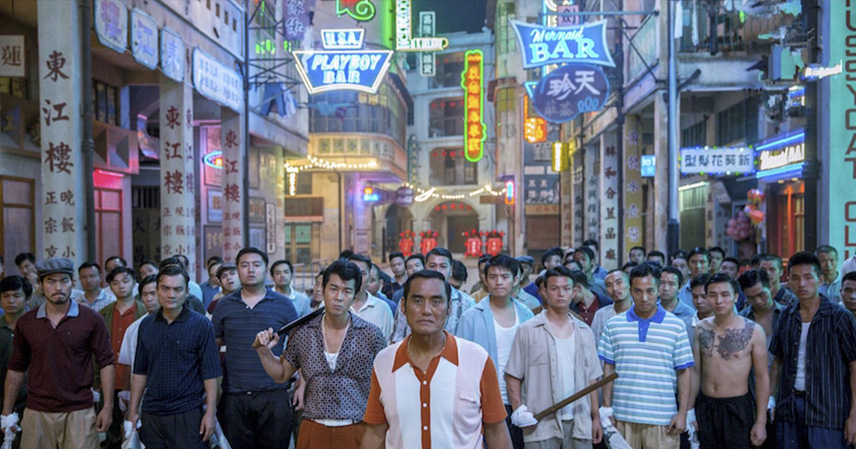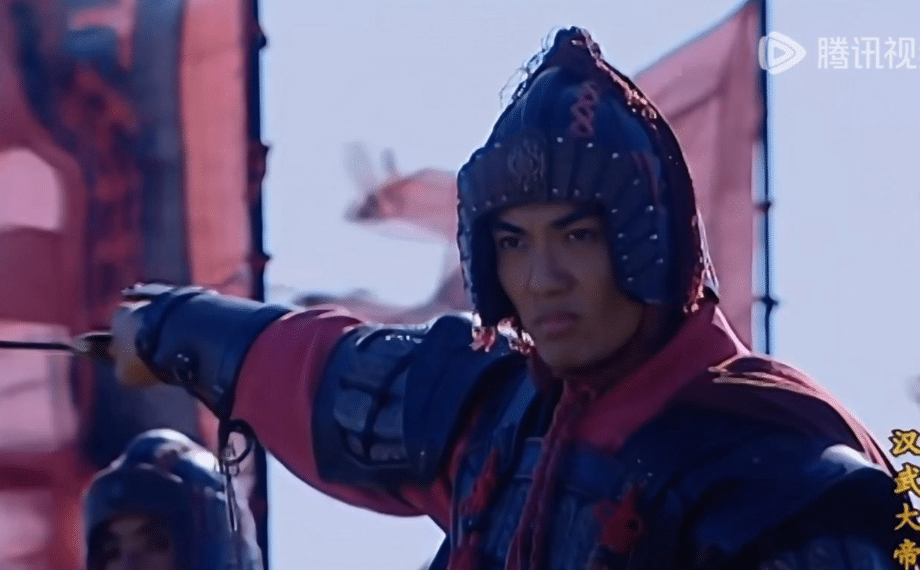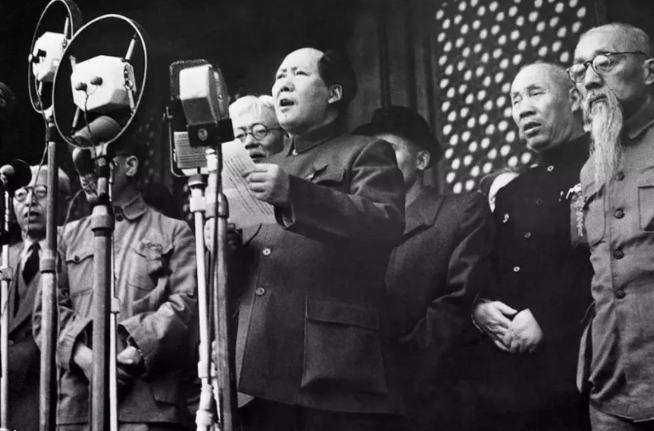When people think of Hong Kong triads, images from classic gangster films often come to mind—young thugs wielding machetes in street fights, or mob bosses cutting deals in neon-lit nightclubs.
But after Hong Kong’s return to China in 1997, these once-notorious organizations seemed to vanish almost overnight. What really happened? The truth is far more complex than the movies suggest.
Why Did Hong Kong Have So Many Gangs? A Historical Answer
The roots of Hong Kong’s triads trace back to the mid-19th century.
- After the Opium War (1840s), Britain took control of Hong Kong and brought in large numbers of Chinese laborers from Guangdong. With too many people and too few jobs, competition quickly turned violent.
- Early secret societies like the Heaven and Earth Society (天地会) lost their political mission and evolved into self-protection groups for Chinese workers.
- Over time, these groups grew into triads such as 14K, Sun Yee On, and Wo Shing Wo, which battled each other for turf.
The colonial government largely turned a blind eye. As long as British interests weren’t harmed, the authorities tolerated the chaos, allowing gangs to flourish.

Peak Power: When Triads Ruled the Streets
By the 1960s and 70s, triads had reached their height. Corruption was rampant. As one former triad boss and later actor, Chan Wai-Man, recalled:
“Gangsters were cops, and cops were gangsters.”
Triads controlled not just protection rackets but also gambling, prostitution, drug trafficking, smuggling, and even the movie industry.
- At their peak, 14K boasted around 200,000 members, while Sun Yee On had around 100,000.
- By the late 1980s and early 1990s, triads openly infiltrated Hong Kong cinema. Even stars like Jackie Chan, Andy Lau, Chow Yun-Fat, and Anita Mui admitted being extorted.
Ordinary people lived in fear: running a shop without paying “protection fees” was almost impossible.
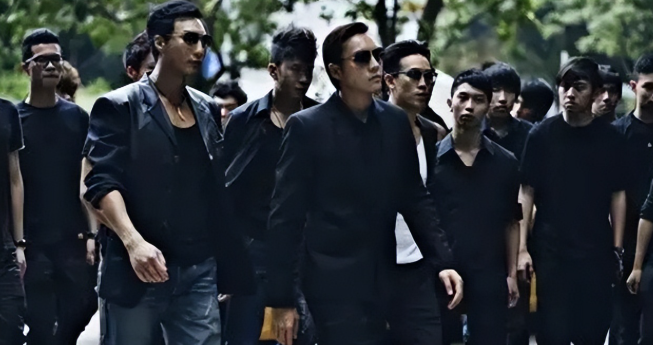
The Turning Point: ICAC and the Anti-Corruption Drive
Everything changed in 1974, when the Independent Commission Against Corruption (ICAC) was established.
Triggered by the scandal of corrupt police officer Peter Godber, ICAC was given extraordinary powers: it answered only to the Governor, and no one was beyond its reach.
- Corrupt officers were purged from the police force.
- Triads lost their protection networks almost overnight.
- By the late 1970s, open triad dominance had already weakened, though they remained underground.
1997: The Final Blow
With Hong Kong’s return to China, the game rules were rewritten.
The new government adopted a zero-tolerance stance. Under laws such as the Organized and Serious Crimes Ordinance, even minor gang affiliation could mean heavy sentences.
- Joint mainland–Hong Kong crackdowns followed.
- In 2015’s “Thunderbolt 15” campaign, more than 4,300 triad members were arrested in just a few months.
Without political shelter, many triads collapsed. Some leaders turned legitimate—like Chan Wai-Man, who became a film star. Many small-time members opened restaurants, emigrated, or disappeared.
Why Did Triads Disappear So Quickly?
- No more protection – The colonial-era tolerance ended; new authorities were determined to root out gangs.
- Legal reforms – Stronger anti-triad laws and advanced surveillance (DNA, communications monitoring, financial tracing) left gangs nowhere to hide.
- Social change – Post-1997 Hong Kong offered more opportunities: education, careers, and entrepreneurship. Young people no longer saw gangster life as appealing.
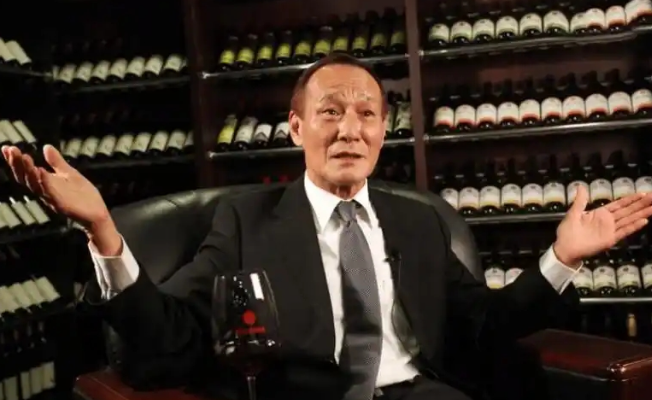
Then vs. Now: A Changed Hong Kong
- Before 1997: Street violence, extortion, celebrities threatened by gangs.
- After 1997: One of the lowest crime rates in the world; street violence and gang fights largely vanished.
Ordinary citizens now live without fear of gang wars. Small businesses can operate without “protection fees.” Young people aspire to careers and education, not gangster life.
More importantly, every Hong Kong citizen is now legally protected as part of China, unlike under colonial rule when the British government largely ignored Chinese communities.
References
- “Hong Kong’s Largest Triad Bust: 4,300 Arrested, Including Over a Thousand Mainland ‘Gang Members'” — Jiemian News, 2015.
- “White Paper: The Development of Democracy in Hong Kong under ‘One Country, Two Systems'” — Chinese Government Website (gov.cn), 2021.
- “On Legislation and Practice for Combating Organized Crime in Hong Kong” — Beifang Law (Northern Jurisprudence) / China University of Political Science and Law (Institute of Litigation Law).
- “‘Harmony Is Precious’: 300 Years of Triad History in Hong Kong” — Hongmen News, 2024.

